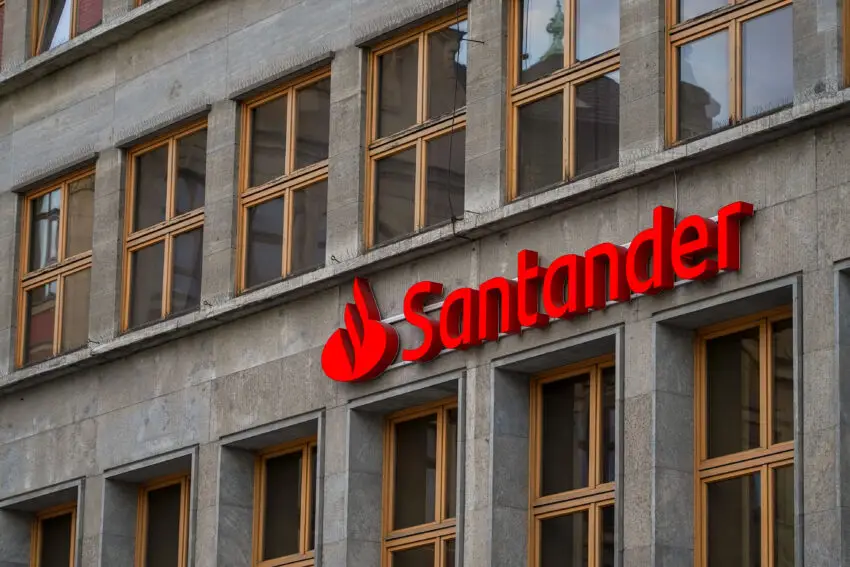In a recent update to its 10,000 employees, the Spanish-owned bank announced that its current policy of allowing staff to work two days a week at one of its sites would be replaced by a requirement of 12 days a month—effectively three days a week.
The change aligns with a broader trend among employers to increase on-site attendance, as many companies seek to shift the balance of hybrid working towards more time in the office. This adjustment comes on the heels of PwC’s announcement that its 26,000 UK employees must now spend at least three days a week in the office or at client sites, up from the previous two to three days.
Santander’s new policy, which takes effect at the end of the year, aims to bring staff back to their desks while offering more flexibility than a rigid three-day requirement. The bank emphasised that in-office presence is crucial for supporting and developing its employees, particularly those early in their careers. The directive affects office-based employees, including 4,500 staff at Santander’s new Milton Keynes hub and 1,000 employees in London. It does not apply to branch staff.
Santander’s chief executive in the UK, Mike Regnier, works from his home in Harrogate, Yorkshire, at least one day a week, though his contract lists the £150 million Unity Place complex in Milton Keynes as his primary workplace.
The move by Santander is part of a broader push among employers to counteract the entrenched remote working habits developed during the Covid-19 pandemic. However, some banks, such as Lloyds, have opted for a more lenient approach, allowing office staff to work from home up to three days a week, with the option for five days during the summer months.
Santander hopes that by increasing in-office attendance, it can foster collaboration and mentorship, which it views as essential to employee development and the overall workplace culture.
This policy change reflects a growing trend among employers to recalibrate the balance of hybrid working. By urging staff back to the office, Santander aims to enhance collaboration and mentorship, which are viewed as vital for both employee development and workplace culture.


